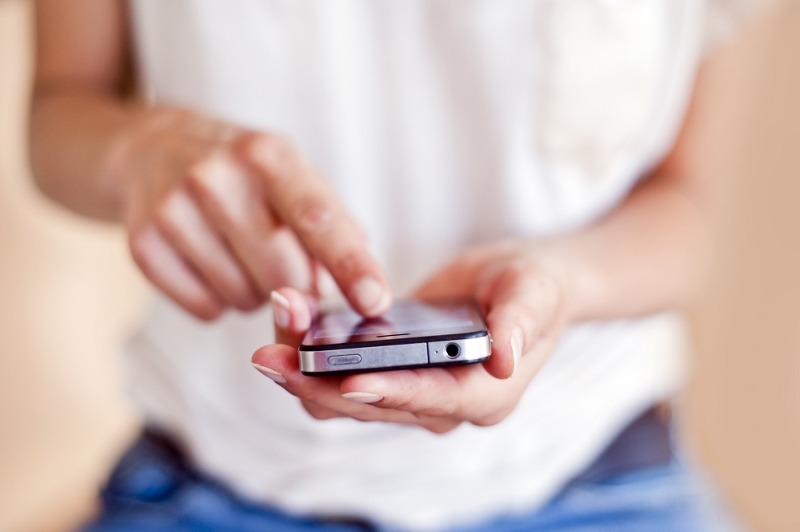Since more than 50% of people worldwide can’t access appropriate mental health treatments, let’s welcome (and test) mobile health apps
 Mental Health: There’s an App for That (Nature):
Mental Health: There’s an App for That (Nature):
“Type ‘depression’ into the Apple App Store and a list of at least a hundred programs will pop up on the screen. There are apps that diagnose depression (Depression Test), track moods (Optimism) and help people to “think more positive” (Affirmations!). There’s Depression Cure Hypnosis (“The #1 Depression Cure Hypnosis App in the App Store”), Gratitude Journal (“the easiest and most effective way to rewire your brain in just five minutes a day”), and dozens more. And that’s just for depression. There are apps pitched at people struggling with anxiety, schizophrenia, post-traumatic stress disorder (PTSD), eating disorders and addiction.
This burgeoning industry may meet an important need. Estimates suggest that about 29% of people will experience a mental disorder in their lifetime. Data from the World Health Organization (WHO) show that many of those people — up to 55% in developed countries and 85% in developing ones — are not getting the treatment they need…But the technology is moving a lot faster than the science…But the bare fact is that most apps haven’t been tested at all. A 2013 review (note: see below) identified more than 1,500 depression-related apps in commercial app stores but just 32 published research papers on the subject…
To make good on that promise, apps will have to be tested. Between 2013 and 2015, the number of mobile-health trials registered on ClinicalTrials.gov more than doubled, from 135 to 300. And the number of trials specifically focused on mental and behavioural health increased by 32%, according to a report by the IMS Institute for Health Informatics in Parsippany, New Jersey.”
Study: Smartphones for Smarter Delivery of Mental Health Programs: A Systematic Review (Journal of Medical Internet Research). From the abstract:
- Background: The rapid growth in the use of mobile phone applications (apps) provides the opportunity to increase access to evidence-based mental health care.
- Objective: Our goal was to systematically review the research evidence supporting the efficacy of mental health apps for mobile devices (such as smartphones and tablets) for all ages.
- Methods: A comprehensive literature search (2008–2013)…We included trials that examined the effects of mental health apps (for depression, anxiety, substance use, sleep disturbances, suicidal behavior, self-harm, psychotic disorders, eating disorders, stress, and gambling) delivered on mobile devices with a pre- to posttest design or compared with a control group. The control group could consist of wait list, treatment-as-usual, or another recognized treatment.
- Results: In total, 5464 abstracts were identified. Of those, 8 papers describing 5 apps targeting depression, anxiety, and substance abuse met the inclusion criteria…
- Conclusions: Mental health apps have the potential to be effective and may significantly improve treatment accessibility. However, the majority of apps that are currently available lack scientific evidence about their efficacy. The public needs to be educated on how to identify the few evidence-based mental health apps available in the public domain to date. Further rigorous research is required to develop and test evidence-based programs…
Related articles:


